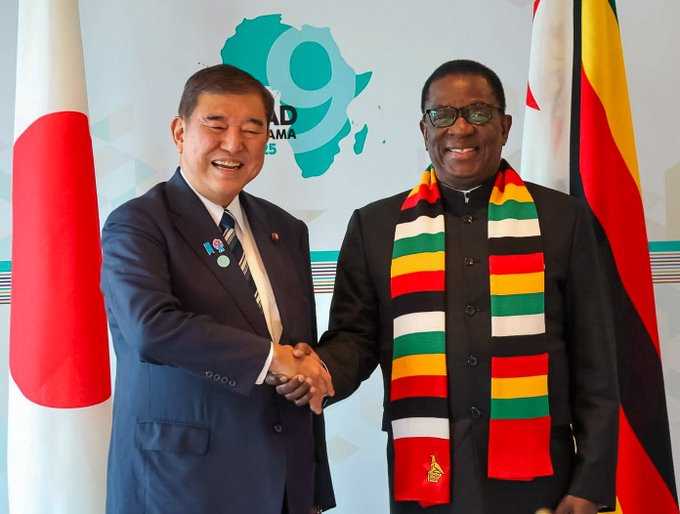
ZimNow international Desk
President Emmerson Mnangagwa’s visit to Japan for the 9th Tokyo International Conference on African Development (TICAD 9) this week put Zimbabwe–Japan ties firmly in the spotlight. On the sidelines of the summit in Yokohama, Mnangagwa met Prime Minister Shigeru Ishiba, with talks centered on infrastructure, climate change, agriculture, and energy. Harare is also eyeing Japan’s backing for its bid for a non-permanent seat on the UN Security Council (2027–2028), already endorsed by SADC and the AU.
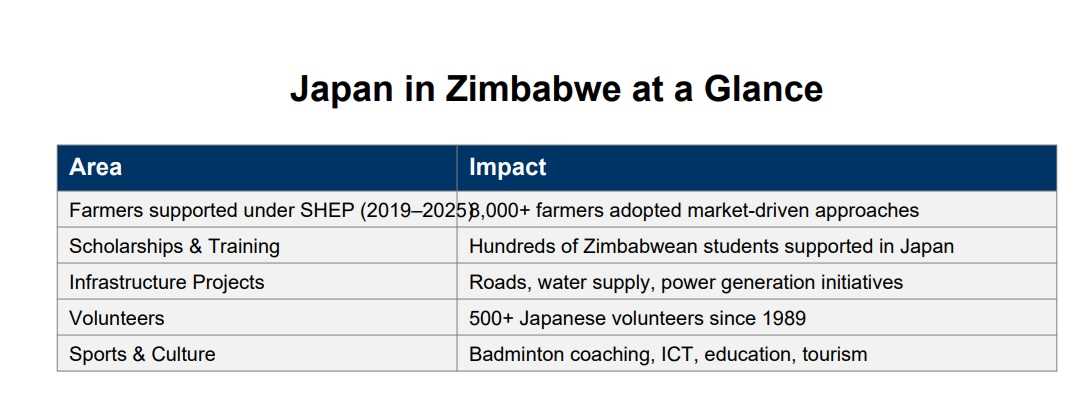
While high-level diplomacy dominates headlines, Zimbabwe–Japan relations have long been about people as much as policy. Through the Japan International Cooperation Agency (JICA), farmers across Zimbabwe have adopted the “grow to sell” mindset under the Smallholder Horticulture Empowerment & Promotion (SHEP) project.
Related Stories
One participant put it simply: “We realized manure is cheaper—and buyers prefer produce without pesticides.” The approach has boosted incomes for thousands of smallholders.
Beyond the fields, Japanese volunteers leave their mark in classrooms, universities, and even sports halls. In Bulawayo, badminton coach Ayako Suzuki is introducing a new game to schoolchildren, while in Harare, marketing volunteer Mayui Kitamoto says she hopes to become “a bridge between Zimbabwe and Japan someday.” These everyday exchanges quietly deepen ties in ways summits cannot.
For Zimbabweans, the visit to TICAD is not just about speeches in Yokohama—it’s also about the promise that stronger cooperation can translate into better roads, stable power, smarter farming, and new opportunities, carried forward by people whose lives are already being reshaped by this partnership.










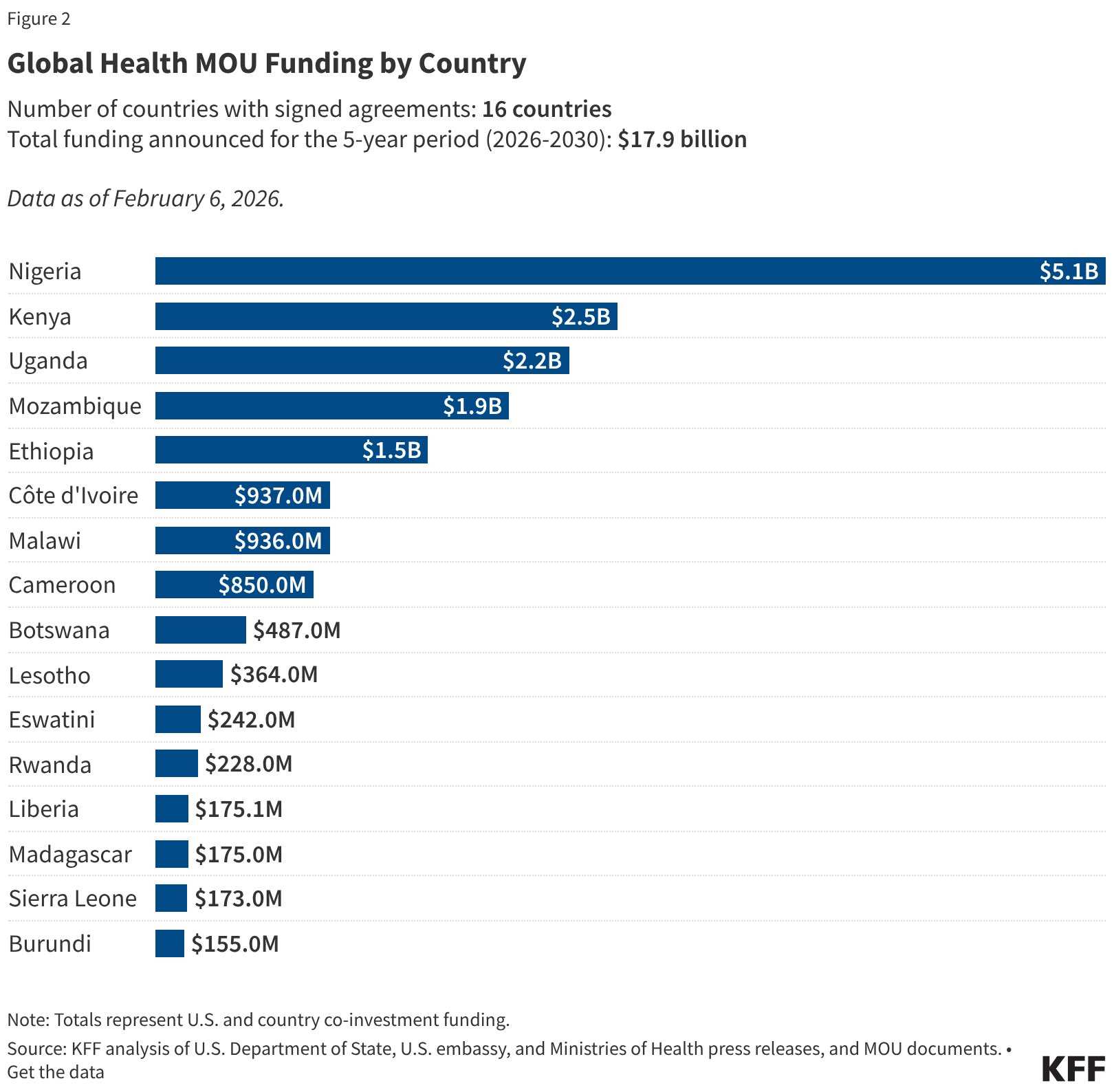
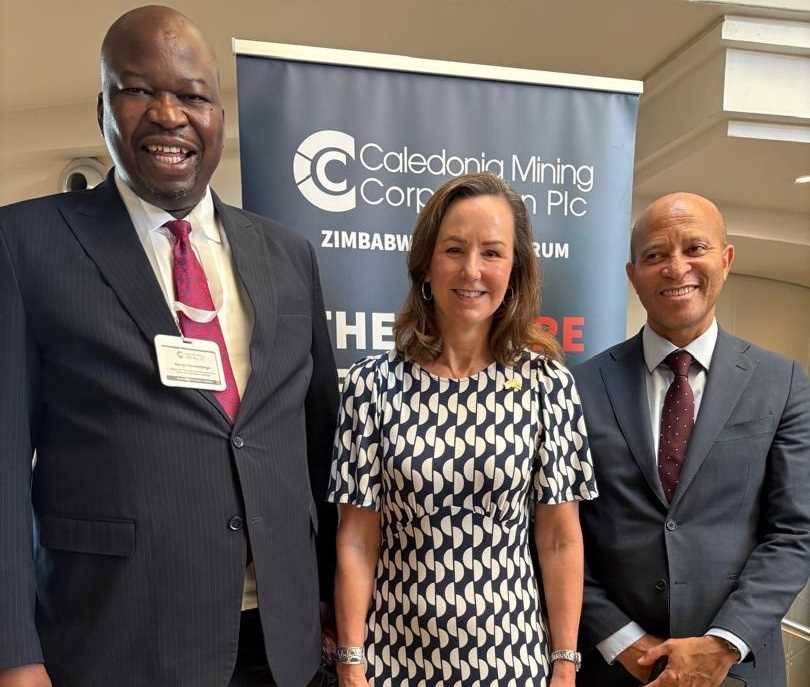
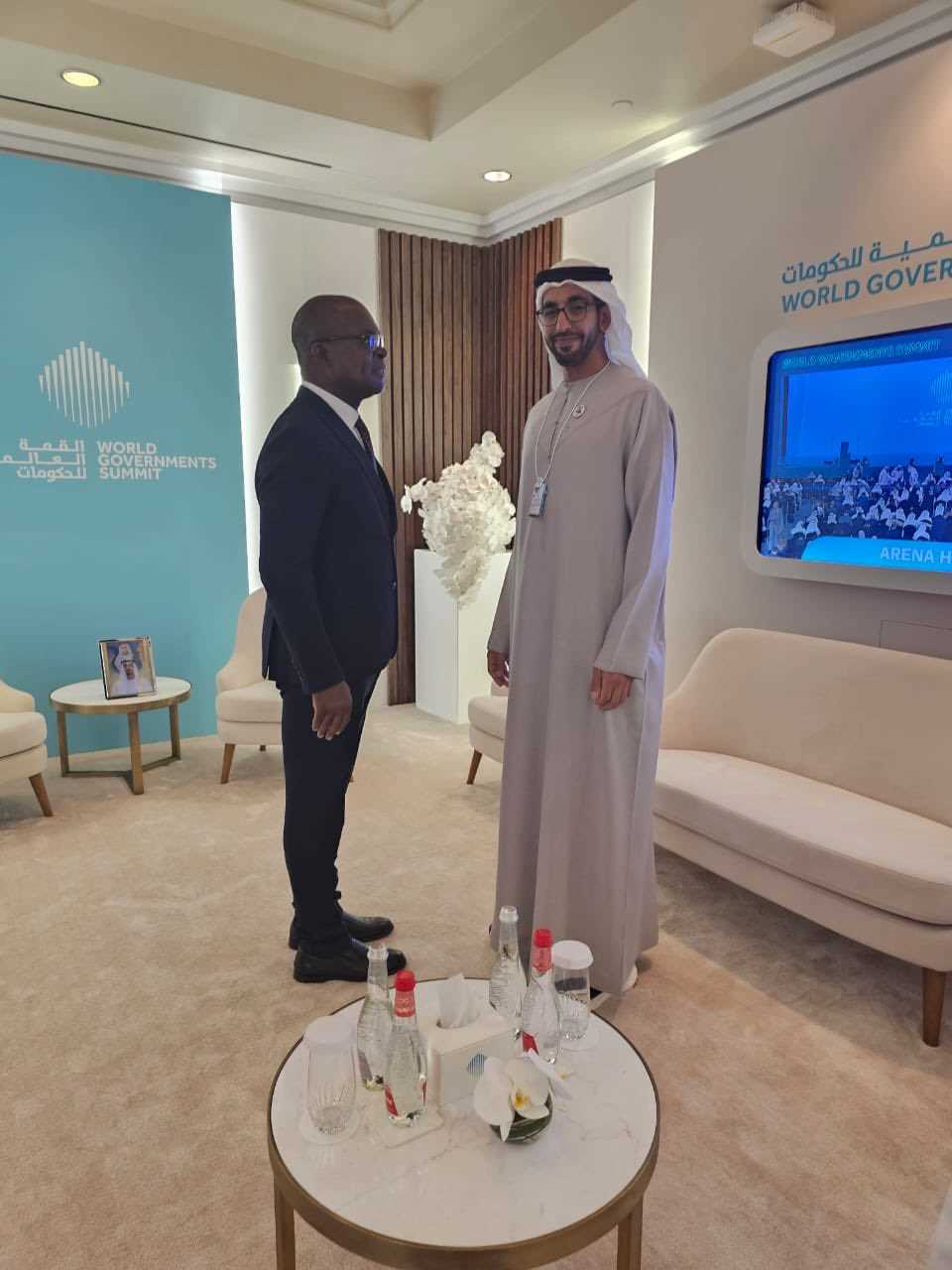

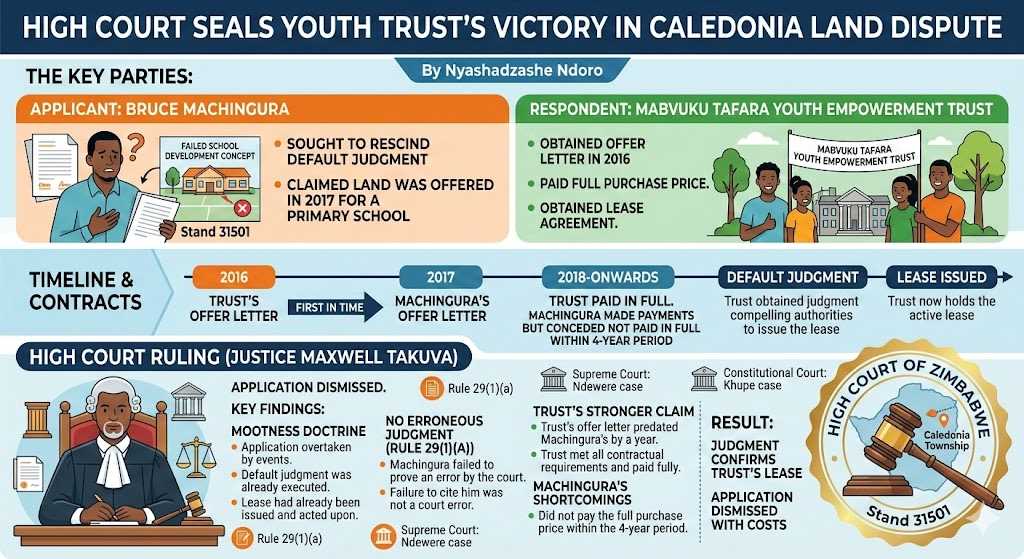
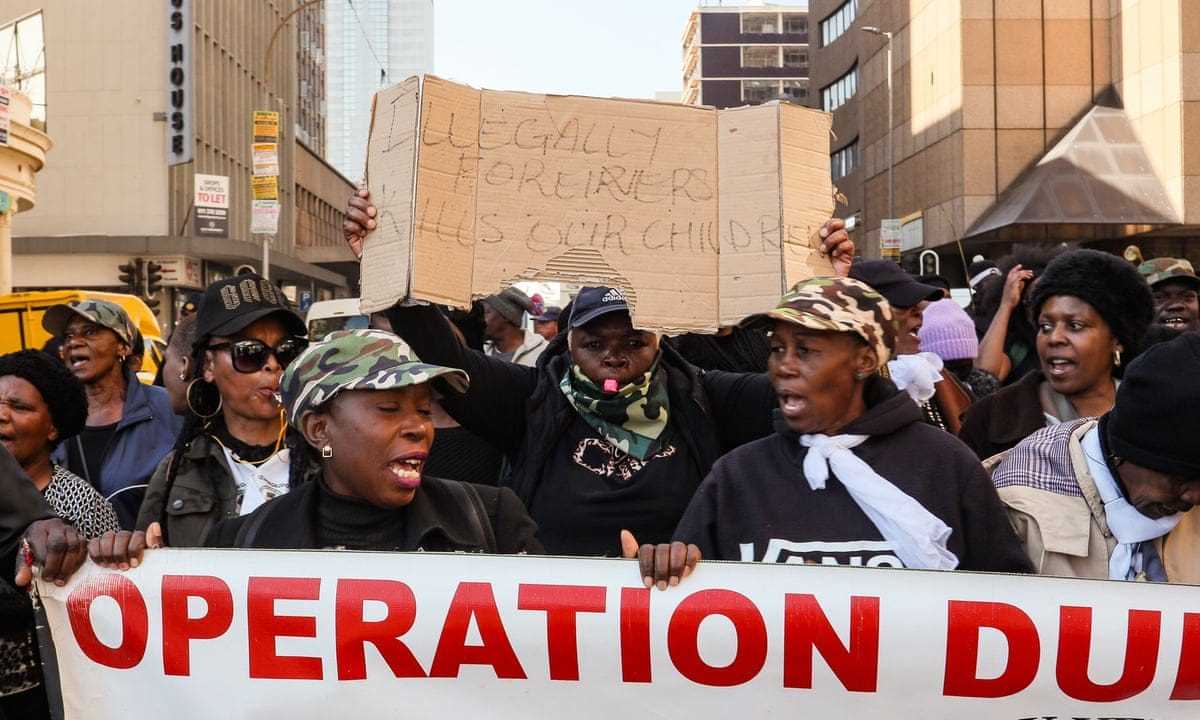




Leave Comments